Table 1.
Summary of the hypotheses.
| Hypothesis | Dispersion index | Performance | Effect of cognitive reserve factors (e.g., education) on performance |
|---|---|---|---|
| A. Cognitive aging reflects qualitatively different developmental stages | 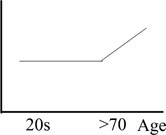 |
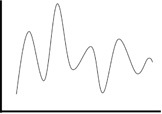 |
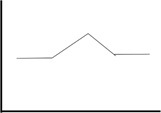 |
| B. Cognitive aging reflects a linear decline in performance | 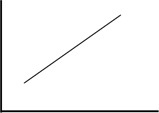 |
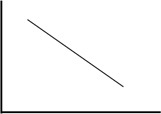 |
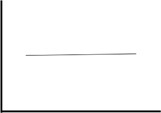 |
The two hypotheses are presented with reference to their specific predictions of age-related changes in dispersion index, performance and effect of indices of cognitive reserve such as educational level. (A) Cognitive aging reflects qualitatively different developmental stages: this hypothesis interprets the dispersion index to reflect age-related differences in neural recruitment and predicts that this would increase with aging in a non-linear manner, depending on the efficiency of compensatory mechanisms/severity of neural noise; it would follow that performance may vary depending on task demand (compensatory strategies may overcome aging losses only until a certain threshold) and that indices of cognitive reserve may specifically improve performance when compensatory strategies are employed but not when these are neither necessary (young age) nor feasible (advanced aging). (B) Cognitive aging reflects a linear decline in performance: this hypothesis predicts a linear increase in dispersion with aging, as this is reflecting increase in neural noise, which in turn would results in linear decrease in performance, with factors contributing to cognitive reserve failing to show beneficial effect which are specific to any age group or cognitive styles.
